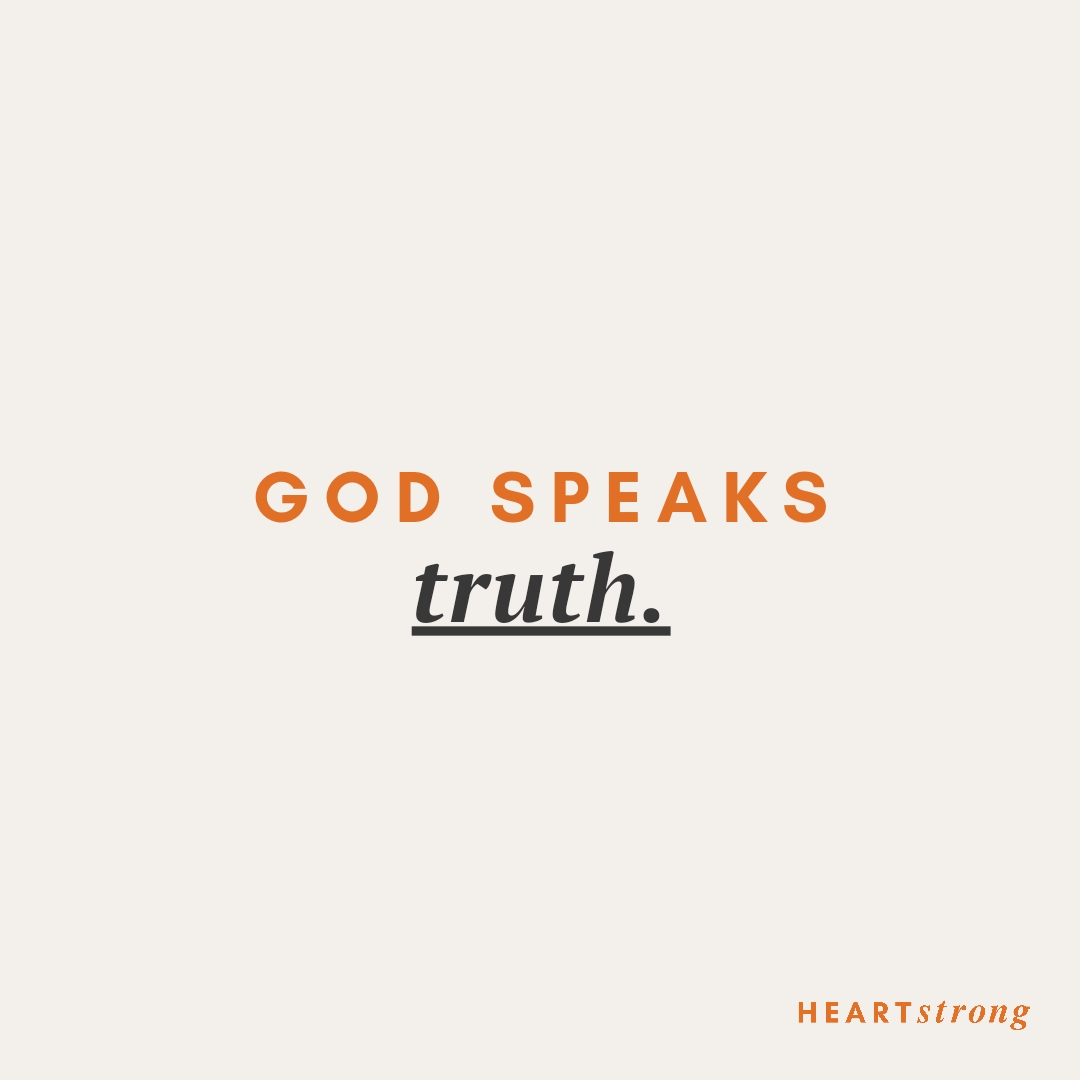“By this we shall know that we are of the truth and reassure our heart before him; for whenever our heart condemns us, God is greater than our heart, and he knows everything” 1 John 3:19-20 ESV
My breathing was shallow, my hands shaky, and my conscience full of shame. Even though it was a cold February day, I was sweating profusely in my snow pants. It was one of those winter days when that kind of cold stuck your nose hairs together when you breathed in. But that didn’t stop us, kids, from suiting up and playing outside. As we scooted down the icy patches and through the crunchy snow, we decided it would be fun to have a snowball fight.
As the shy one of the group, it was already enough of a struggle to build up the courage to throw a snowball. Much like a game of dodgeball, I preferred staying near the back, steering clear of the whizzing foam balls. But on this day, to my surprise, I felt ready to muster up the courage and throw a couple to take part in the fun. Feeling brave, I took a swing, hitting one of my friends square in the face. But, to my astonishment, her eyes began tearing up, and she let out a wail. I was mortified. It turned out that the ball of snow I grabbed was actually a block of ice. I was trying to be brave, and I messed it up. “What have I done? How could I be so horrible?” I stood there frozen as my other friends hurried to console her.
It was at that moment I had so desperately wished that I was the one who had been hit with a ball of ice. While my conscience was already eating me up, to add to the blow, my friends began pointing at me, saying, “What’s wrong with you? Why would you do that?!” The most I could do was whisper under my breath, a shallow, “I’m sorry.” I turned around to run home in tears, drenched in both sweat and shame.
That was one of the first times as a kid that I felt the guilt of my transgressions. It was also the first of many moments where my condemning self-talk would speak louder than the forgiveness I was offered. Later in life, there would be days when my mind would fester in my faults—accidentally or intentionally hurting a friend, my husband, disrespecting my parents, or even God. It was in those offences when feeling terrible for what I had done; I began to pelt myself with shame and guilt.
Sometimes, our hearts want to cast the first stone (or ball of ice) at ourselves. And while God is good to spark a conviction in our hearts, more often, it seems Satan can use our fragile hearts to twist that conviction into condemnation. It causes us to live in paralysis and self-doubt. Or, as The Message calls it in 1 John 3:19, debilitating self-criticism. We accumulate the guilt from our past offences, our failures and our faults, weighing heavily in our pockets for many of us. Too often, we affirm confidence in our self-doubt over the confidence in who God is.
But God is Greater.
God is greater than our hearts.
And His heart, greater than ours.
When our hearts lie, when our hearts speak self-condemnation, GOD SPEAKS TRUTH. He knows everything—every secret thought, every motive, intention, mistake, and failure. And as His children, we can take wholehearted comfort in this. That the Creator of the heavens and the earth, who knows me more than I know myself, is Greater. He is greater than our worried hearts (MSG) and more merciful than our conscience (TPT).
He sees our failures and still forgives us when we don’t forgive ourselves because that’s His nature. If God is a good God, a just God, a merciful God, and a God that knows all things, how can we choose to live in our guilt and failure when He, who is perfectly knowing, chooses to love and forgive us? When we confess our sins, repent of our missteps, and live not-weighed-down, to carry out our good works, it is no longer possible to drown in our heart’s guilt but to step out in His freedom.
The verses conclude with a courageous proclamation that when our guilt is cleared, we can come into the presence of our God with bold confidence. When our hands drop the stones that our hearts want to hurl at ourselves, we can go to Him in freedom, hands empty and ready to receive all from Him who is Greater.


